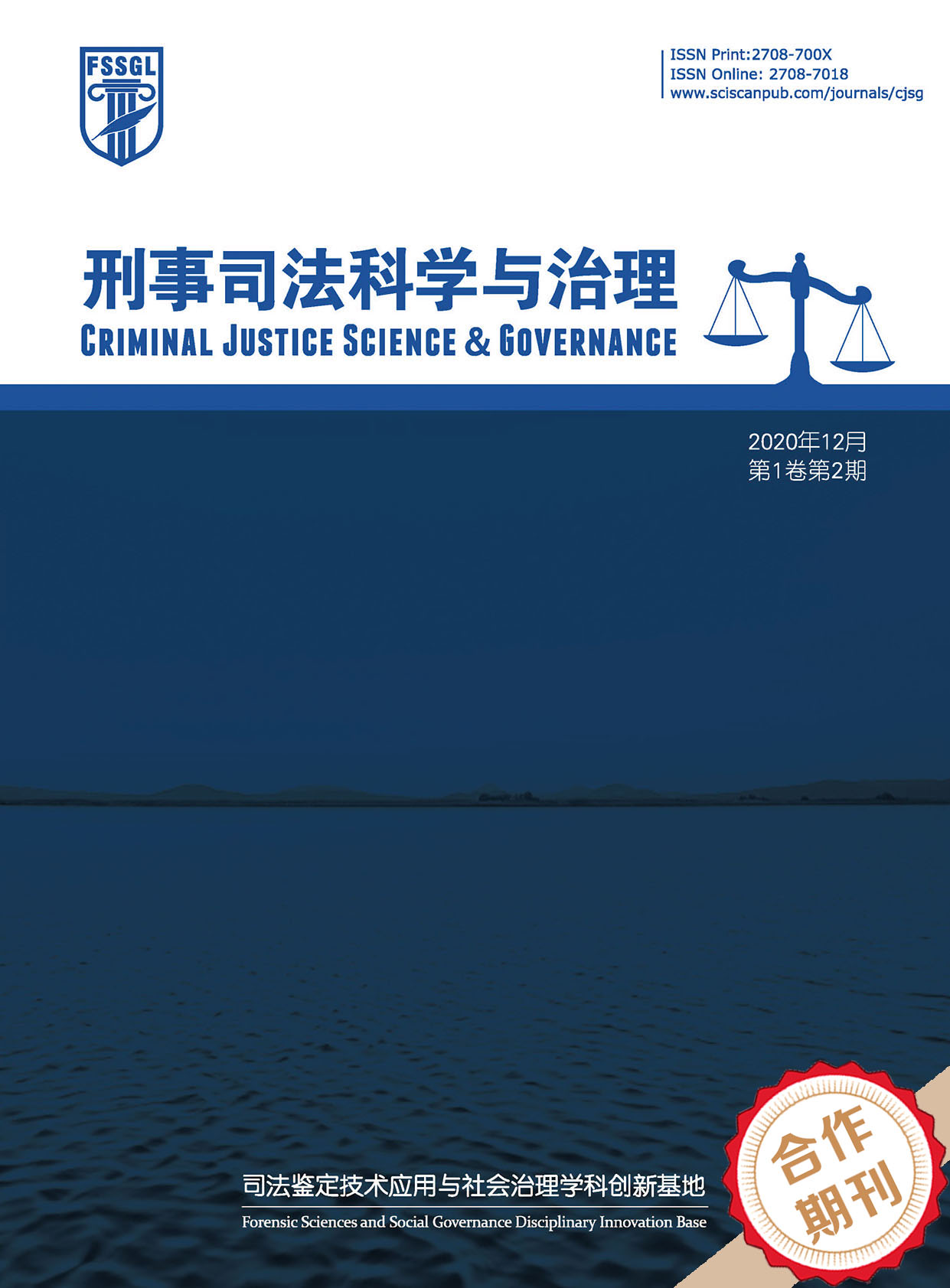Criminal Justice Science & Governance
ISSN Print:2708-700X
ISSN Online:2708-7018
Contact Editorial Office
Subscribe to the latest published information from SCISCAN
大数据背景下 的算法侵权风险问题分析
Analysis of Algorithmic Infringement Risk in the Background of Big Data
- Authors: 李彧祺
-
Information:
中南财经政法大学司法鉴定技术应用与社会治理学科创新基地,武汉
-
Keywords:
Algorithm; Big data; Technology infringement; Legal regulation算法; 大数据; 技术侵权; 法律规制
- Abstract: In the era of big data, social resources can be redistributed through algorithms, which greatly improves social efficiency. However, the technical bias, automatic relevance, and automatic decision-making of algorithms have infringed on the legal interests of data subjects to varying degrees. Aiming at the three types of algorithmic infringements that infringe on the equality rights of data subjects, the right to privacy, and the autonomy of free will, this article intends to propose three aspects of establishing a personal data protection officer system, configuring corresponding rights of confrontation, and optimizing infringement compensation remedies. A more complete algorithmic infringement governance system ensures that the rights of data subjects in the information age are not eliminated. 大数据时代下通过算法可对社会资源实现再分配,极大地提升了社会效率。然而,算法存在的技术偏见、 自动关联性与自动化决策等弊端在不同程度对数据主体的法益造成侵害。针对于侵犯数据主体平等权、 隐私权以及自由意志被压缩的三种算法侵权类型,本文拟从建立个人数据保护官制度、配置相应对抗的 权利以及优化侵权赔偿救济手段三方面提出建议以构建更完善的算法侵权治理体系,保障信息时代下数 据主体的权利不被消解。
- DOI: https://doi.org/10.35534/cjsg.0201012
- Cite: 李彧祺 .大数据背景下的算法侵权风险问题分析[J].刑事司法科学与治理,2021,2(1):88-97.
















